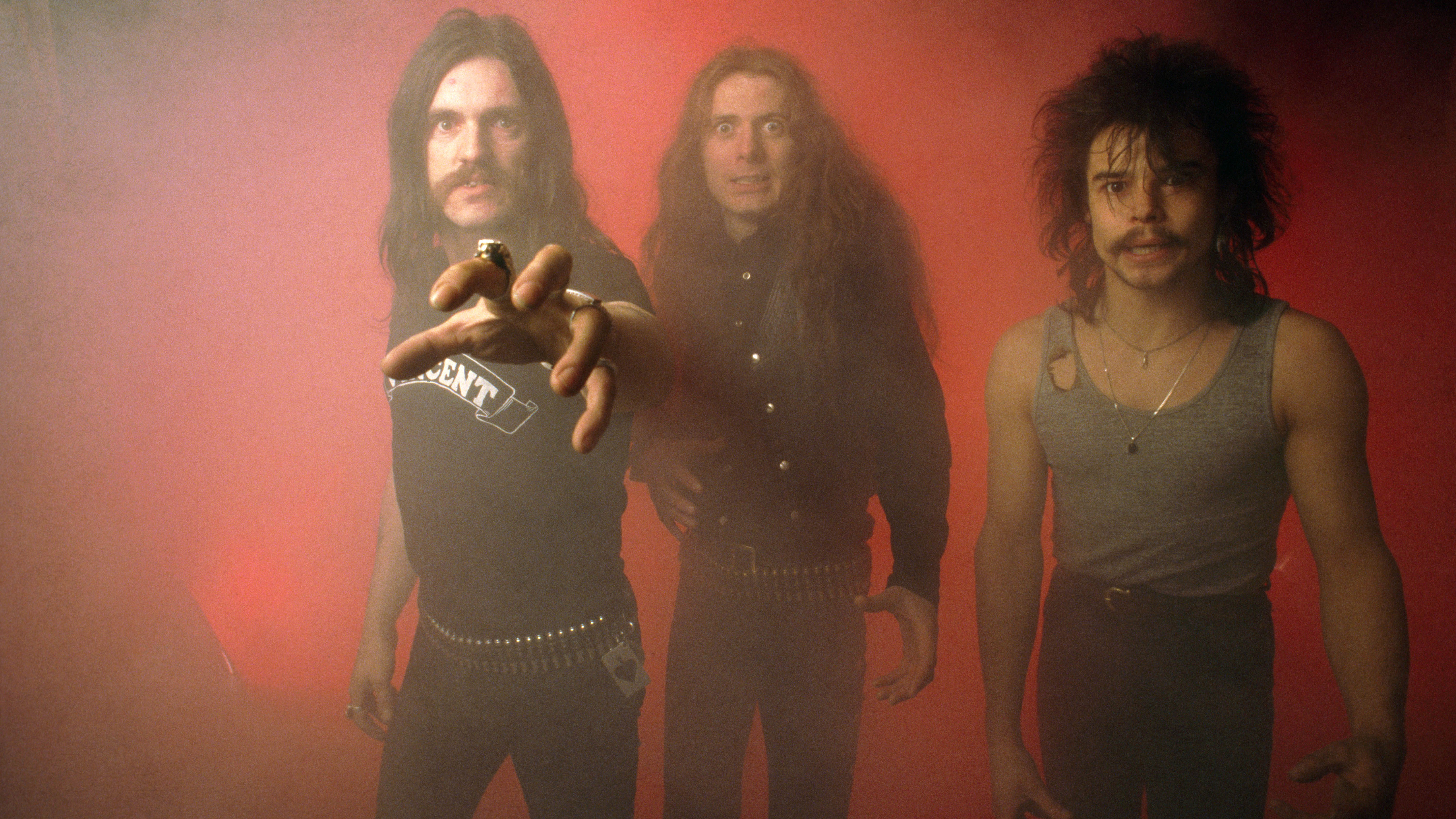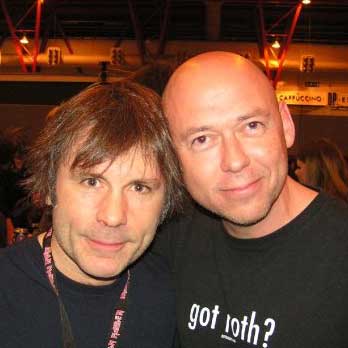“It was the height of our popularity. And of course, when you’ve peaked there’s nowhere to go but down”: How the ‘Worst Band In The World’ had their revenge with the noisiest No.1 album of all time
The band's motto: Everything Louder Than Everything Else

Want all the hottest music and gear news, reviews, deals, features and more, direct to your inbox? Sign up here.
You are now subscribed
Your newsletter sign-up was successful
What happened to Motörhead in 1981 was little short of miraculous.
Having been written off as ‘The Worst Band In The World’ by the Melody Maker five years earlier, they ended up with a No.1 album in the UK with the live recording No Sleep ’Til Hammersmith.
It was, in the words of a previous Motörhead song, sweet revenge.
Motörhead were the archetypal rock ’n’ roll outlaws, formed in 1975 by bassist/vocalist Ian ‘Lemmy’ Kilmister after he was fired by space-rock band Hawkwind for being busted for drugs during a US tour.
When the first album, titled simply Motörhead, was released in 1977, the band’s definitive line-up was in place, with Lemmy joined by guitarist ‘Fast’ Eddie Clarke and — on drums — the man with the greatest rock ’n’ roll name of all, ‘Philthy Animal’ Taylor.
The debut album included the song from which the group took its name — American slang for ‘speed freak’.
From the outset, the noise they made was uniquely their own. Lemmy always described the band’s music as simply rock ’n’ roll, but this was was faster, wilder and dirtier than anything ever heard before.
Want all the hottest music and gear news, reviews, deals, features and more, direct to your inbox? Sign up here.
It sounded like it had been made by a bunch of alcoholic, drug-addicted maniacs — which of course it had.
Motörhead’s second and third albums — Overkill and Bomber, both released in 1979 — provided the missing link between punk rock and heavy metal, a ferocious racket that was duly embraced by fans from both camps.
Bomber was the breakthrough, reaching No.12 in the UK.
And in 1980, with fourth album Ace Of Spades, the noisiest band on the planet became a household name.
With Lemmy at the heart of the sound — that buzzing bass and three-packs-a-day growl — Ace Of Spades was 12 tracks of blistering intensity.
As ‘Fast’ Eddie said: “This album is really fast.”
And it was the fastest song on the album that would ultimately define the band’s entire career — the title track, three minutes of hell-for-leather fury, a gambler’s story sung by a man who spent so much of his life playing fruit machines, Jack-and-coke in hand.
The song Ace Of Spades made it to No.15 in the UK singles chart. The parent album reached No.4.
And it was on the accompanying Ace Up Your Sleeve tour that No Sleep ’Til Hammersmith was recorded.
Kicking off with a riotous version of Ace Of Spades, the album naturally includes other landmark tracks such as Stay Clean, No Class, Overkill, Bomber and, as a deafening finale, the signature song Motorhead (its title minus the umlauts).
There is something approaching restraint — even subtlety — in the less frantic, more atmospheric numbers Metropolis and Capricorn.
And in a case of art imitating life, the heartfelt tribute (We Are) The Road Crew has a punishing rhythm replicating the merciless grind of touring.
No Sleep ’Til Hammersmith is an album that fully encapsulates the Motörhead motto — ‘Everything Louder Than Everything Else’.
In June 1981 — incredibly — No Sleep ’Til Hammersmith went straight into the UK chart at No.1.
Lemmy was in New York City when he got the news. He recalled: “I was still in bed when somebody phoned me. ‘Uh, call me back, will you?’ I mumbled and hung up. Then about ten minutes later it hit me and I was up like a shot.”
He reflected: “That was the height of our popularity in England. Of course, when you’ve peaked there’s nowhere to go but down. But at the time we didn’t know we’d peaked.”
To Lemmy it was only rock ’n’ roll, but Motörhead had set off a revolution in heavy music.
According to Barney Greenway, singer for groundbreaking metal band Napalm Death: “Motörhead were the first extreme band. Everything that came after, from Venom to Metallica to Napalm, it all started with Motörhead.”

Paul Elliott has worked for leading music titles since 1985, including Sounds, Kerrang!, MOJO and Q. He is the author of several books including the first biography of Guns N’ Roses and the autobiography of bodyguard-to-the-stars Danny Francis.
You must confirm your public display name before commenting
Please logout and then login again, you will then be prompted to enter your display name.

